Record US military spending bill, aid to Taiwan anger China
China has blasted the US passing of a defense authorization law that boosts military assistance for Chinese Taipei in defiance of Beijing’s territorial claims over the self-ruled island.
In a statement on Saturday, the Chinese Foreign Ministry expressed "strong dissatisfaction and resolute opposition" towards the US National Defense Authorization Act, which was signed into law by US President Joe Biden the day before.
The statement said the $858 billion military spending measure, which authorizes up to $10 billion in security assistance and fast-tracked weapons procurement for Taipei, contained provisions that "cause serious damage to peace and stability in the Taiwan Strait.”
The legislation also contained an amendment restricting the Biden administration's purchases of products using computer chips made by a specific group of Chinese companies.
"The case ignores the facts to exaggerate a 'China threat', wantonly interferes in China's internal affairs and attacks and smears the Chinese Communist Party, which are serious political provocations to China," the Chinese Foreign Ministry underlined in the statement.
Taiwan's Defense Ministry had earlier commended the US legislation, saying the move showed the importance Washington attached to Taiwan-US ties and strengthening the self-ruled island's security.
Taipei will discuss the details of the act with Washington and "gradually push forward the budget formulation and actual disbursement of the various Taiwan-friendly provisions," the ministry added, without elaborating.
Read more:
Ahead of the G20 Summit in Indonesia last month, Chinese President Xi Jinping told his US counterpart that the issue of Taipei is China’s “first red line” in bilateral relations, warning that Washington must not cross this line.
The Chinese leader told Biden that the Taiwan question was the "very core of China's core interests," and urged him to act on Washington’s commitments made to Beijing regarding the self-ruled island.
China has sovereignty over Chinese Taipei, and under the 'One China' policy, almost all world countries recognize that sovereignty, meaning they would not establish direct diplomatic contact with the self-proclaimed government in Taipei.
Chinese Taipei's secessionist president Tsai Ing-wen has independence aspirations and views the island as a sovereign state, rejecting the 'One China' principle. The US, though professing adherence to the principle, has long courted Taipei and sells weapons to the self-governed island in an attempted affront to Beijing.
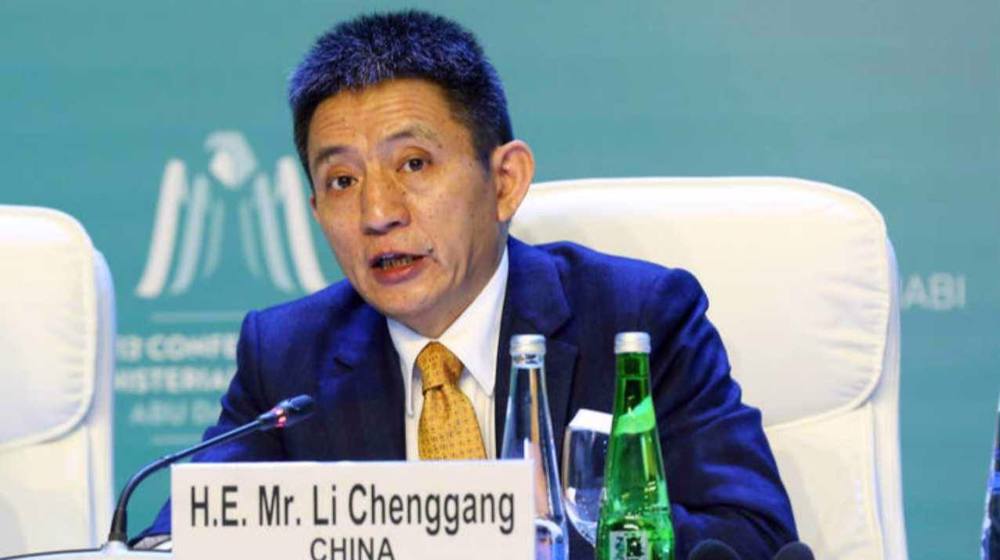
China condemns ‘unilateral and arbitrary’ US tariffs
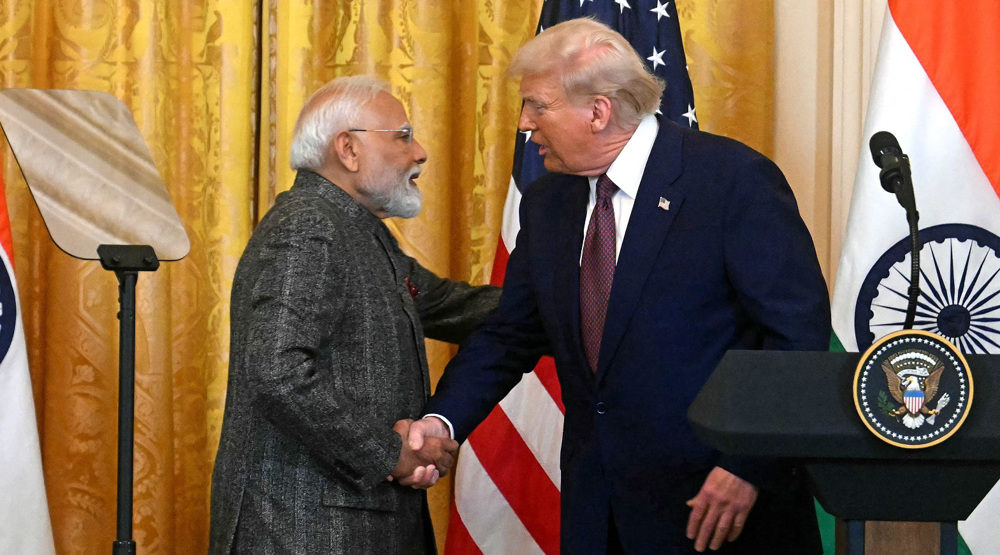
China warns US, India after Trump surge in arms sales to New Delhi
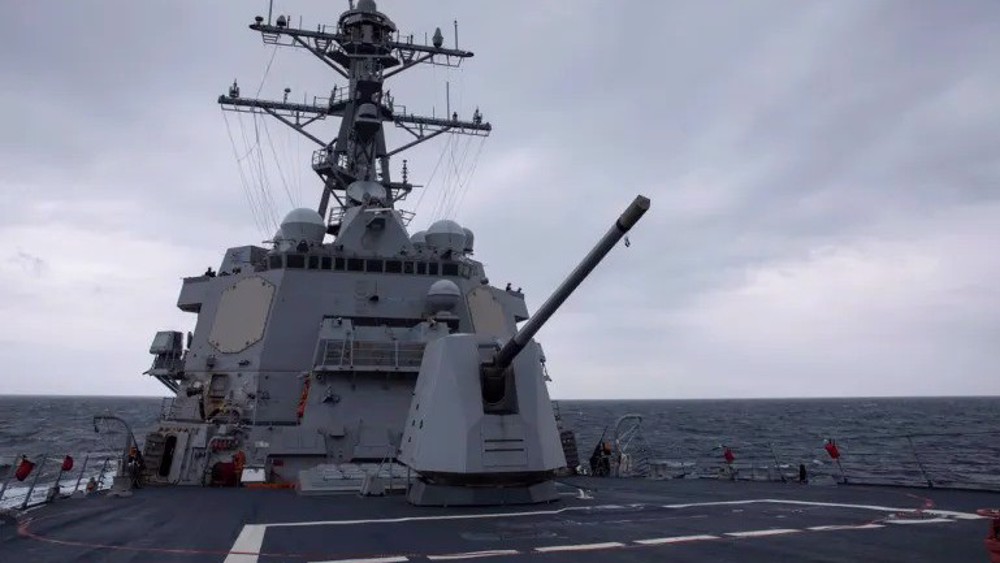
US makes debut passage through Taiwan Strait under Trump's new administration
Israel’s massacres won’t grant it ‘legitimacy’: Hamas on 31st anniversary of Ibrahimi Mosque tragedy
French leader decries ‘unprecedented diplomatic scandal’ after Israel bars European MPs
VIDEO | Washington’s failed projects
VIDEO | Islamabad exhibition exposes Israeli atrocities in Gaza
Trump rescinds arms sales regulation in favor of Israel, sources say
Iran’s president vows to accelerate cooperation with Russia
Palestinian says Israeli jailers poured acid on him during interrogation
Iran, Turkmenistan seek increased cargo transit via railways


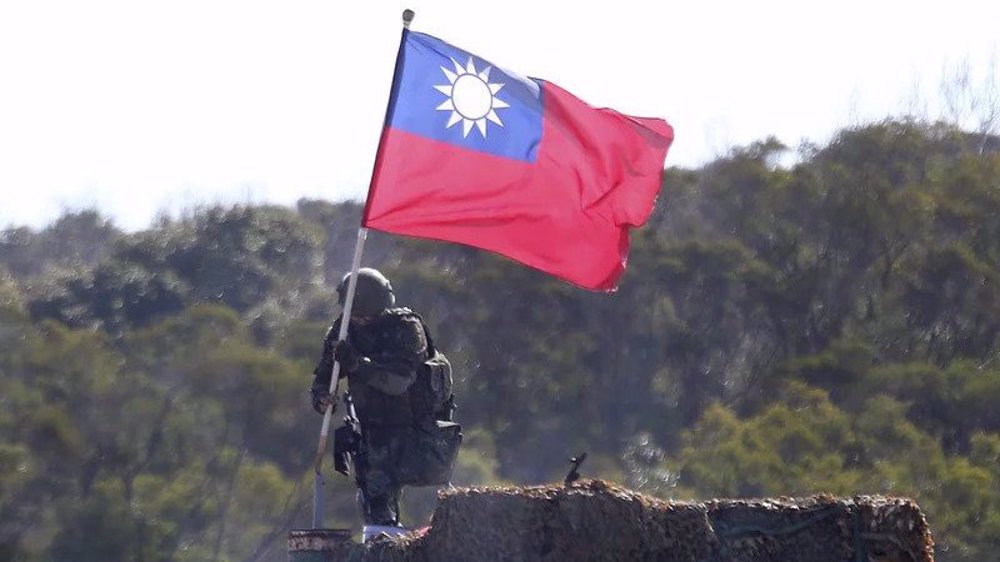



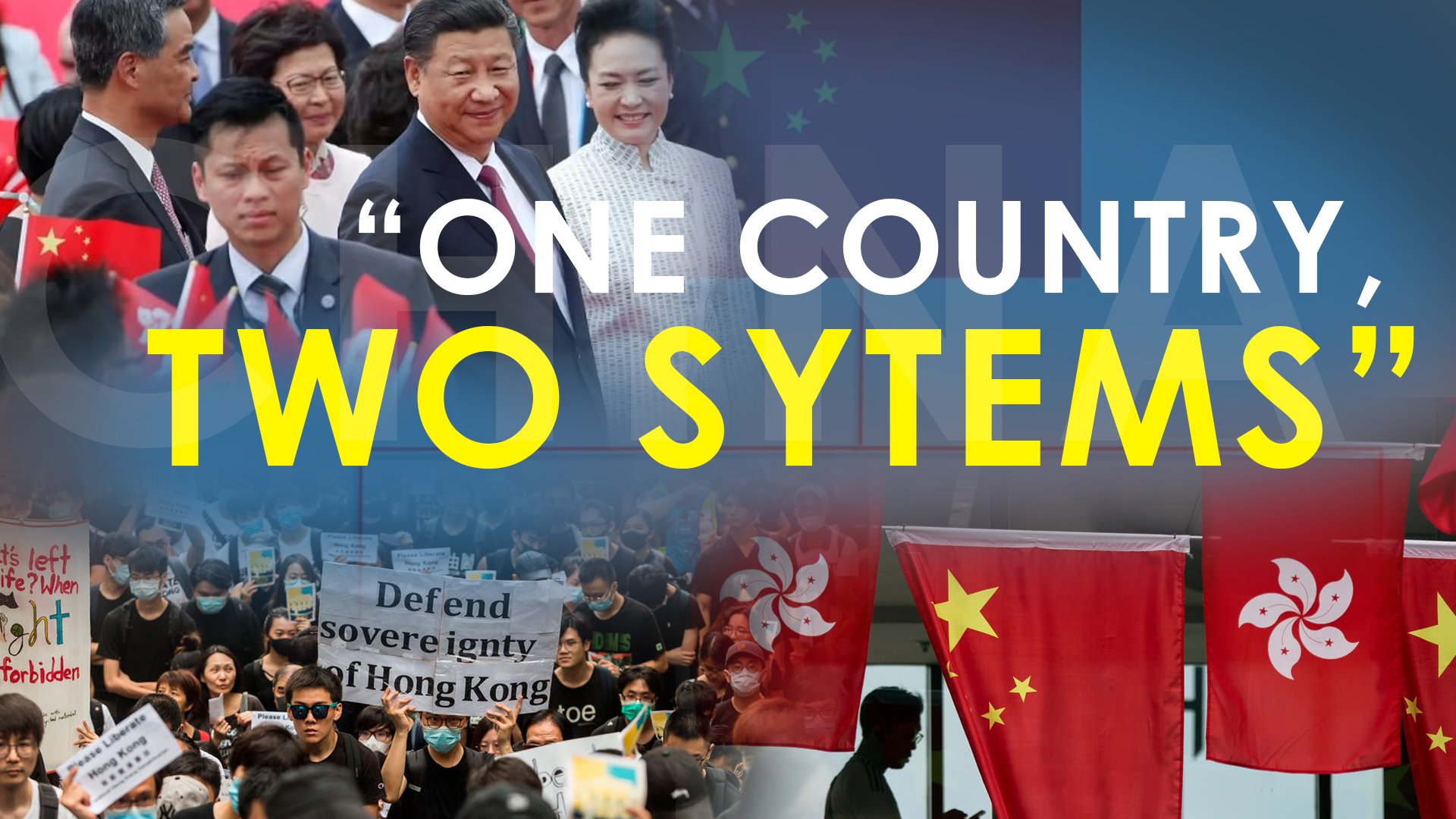
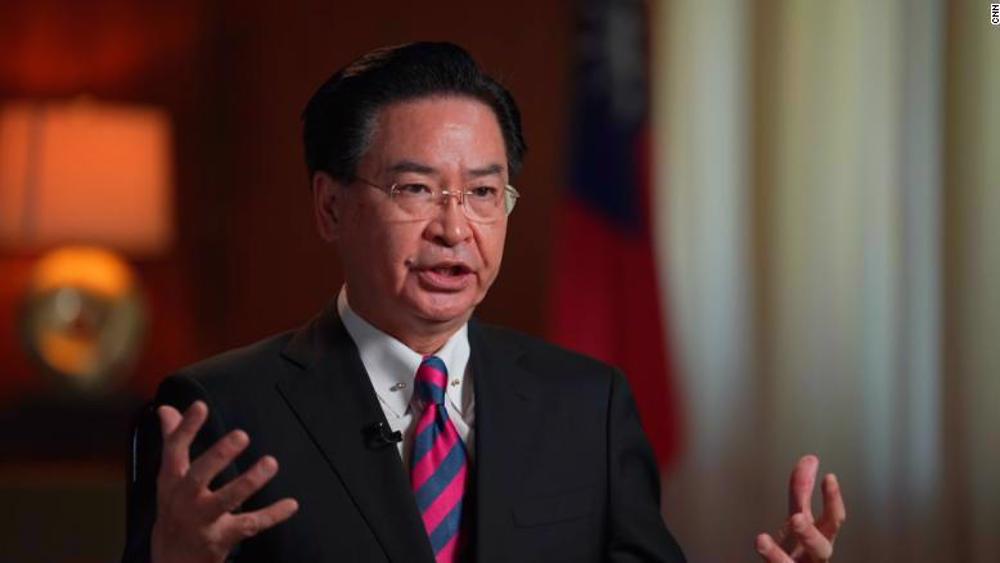
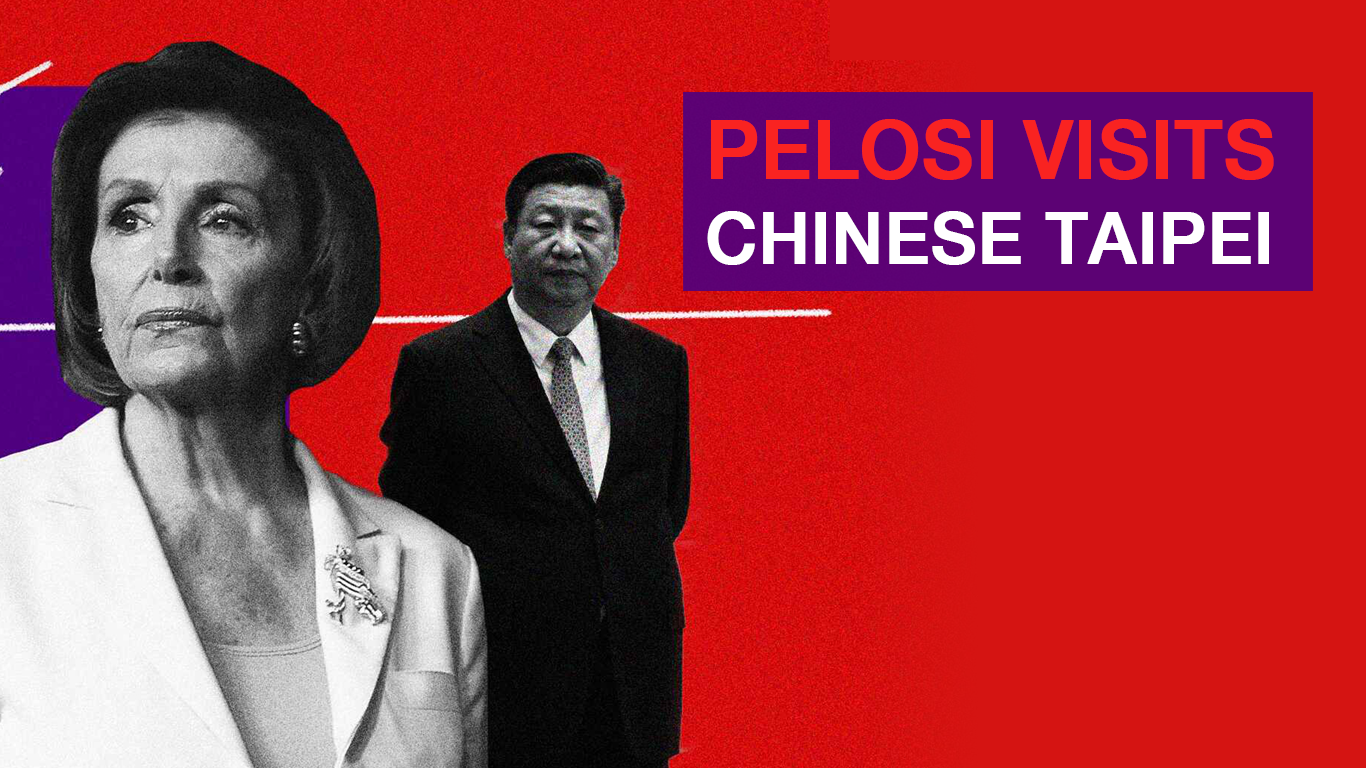

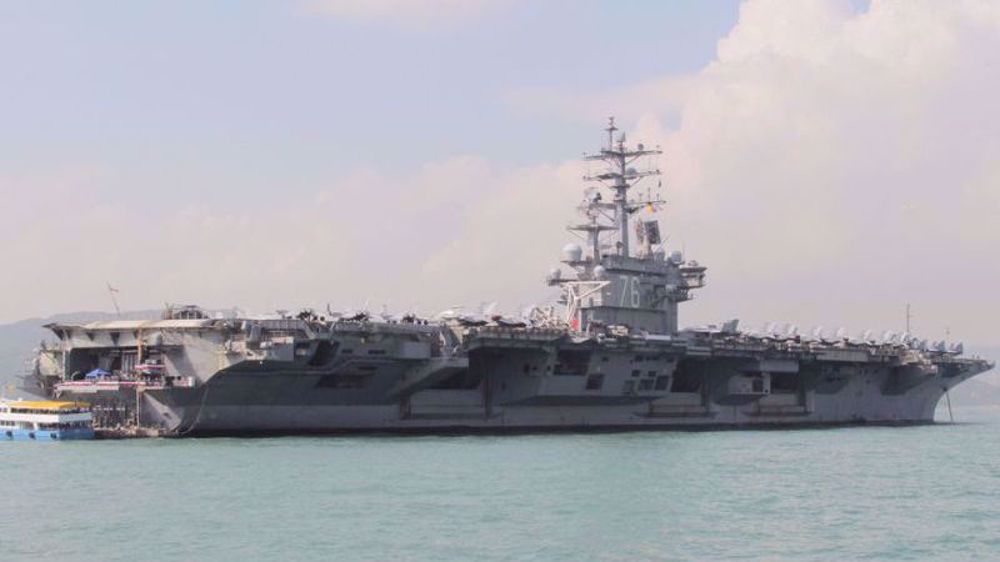
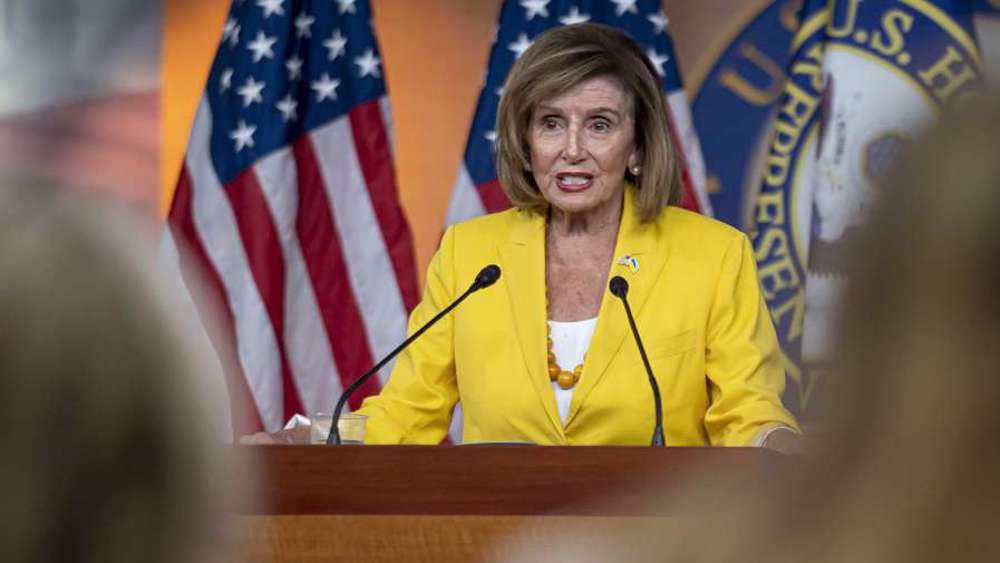


 This makes it easy to access the Press TV website
This makes it easy to access the Press TV website